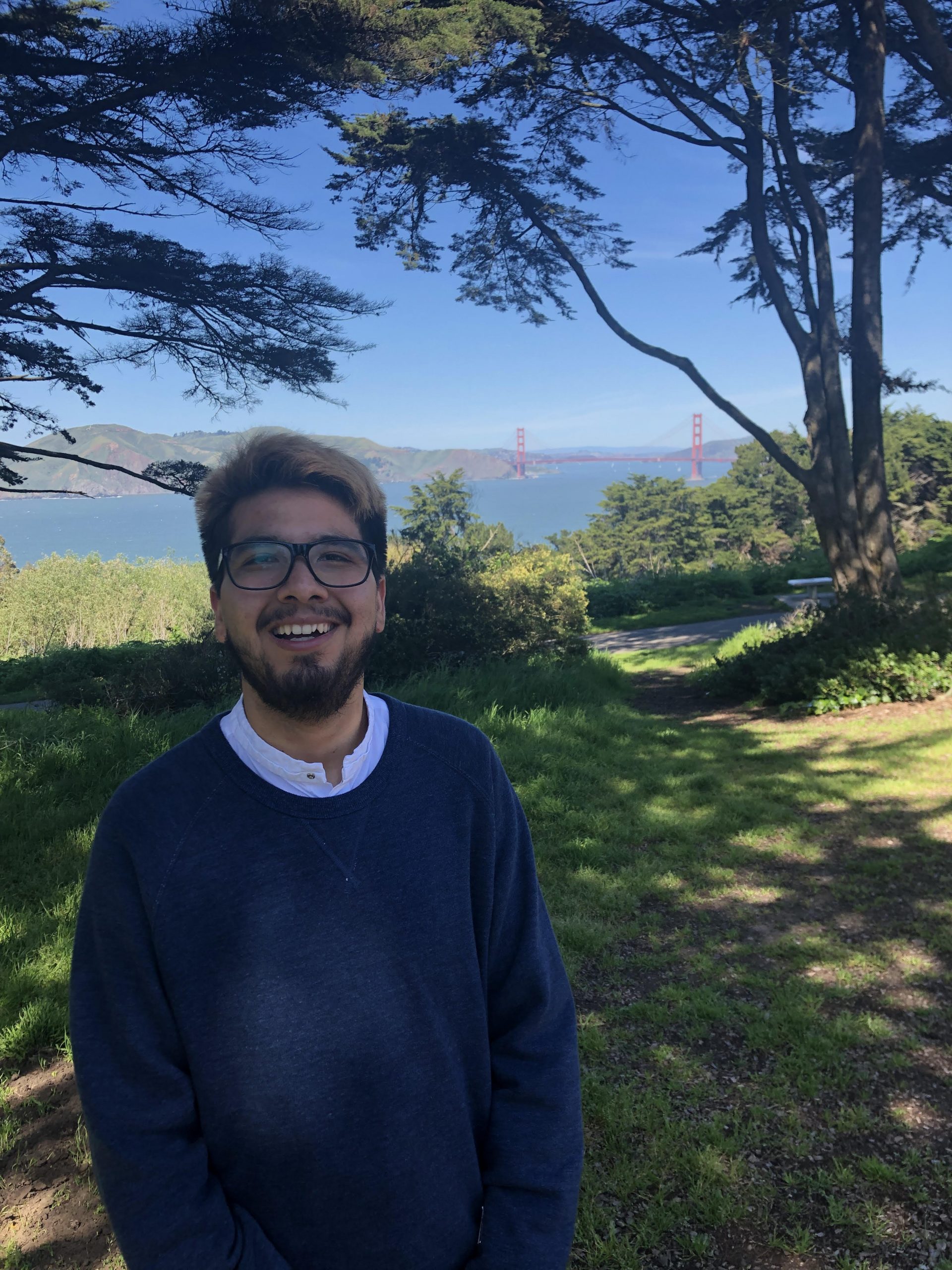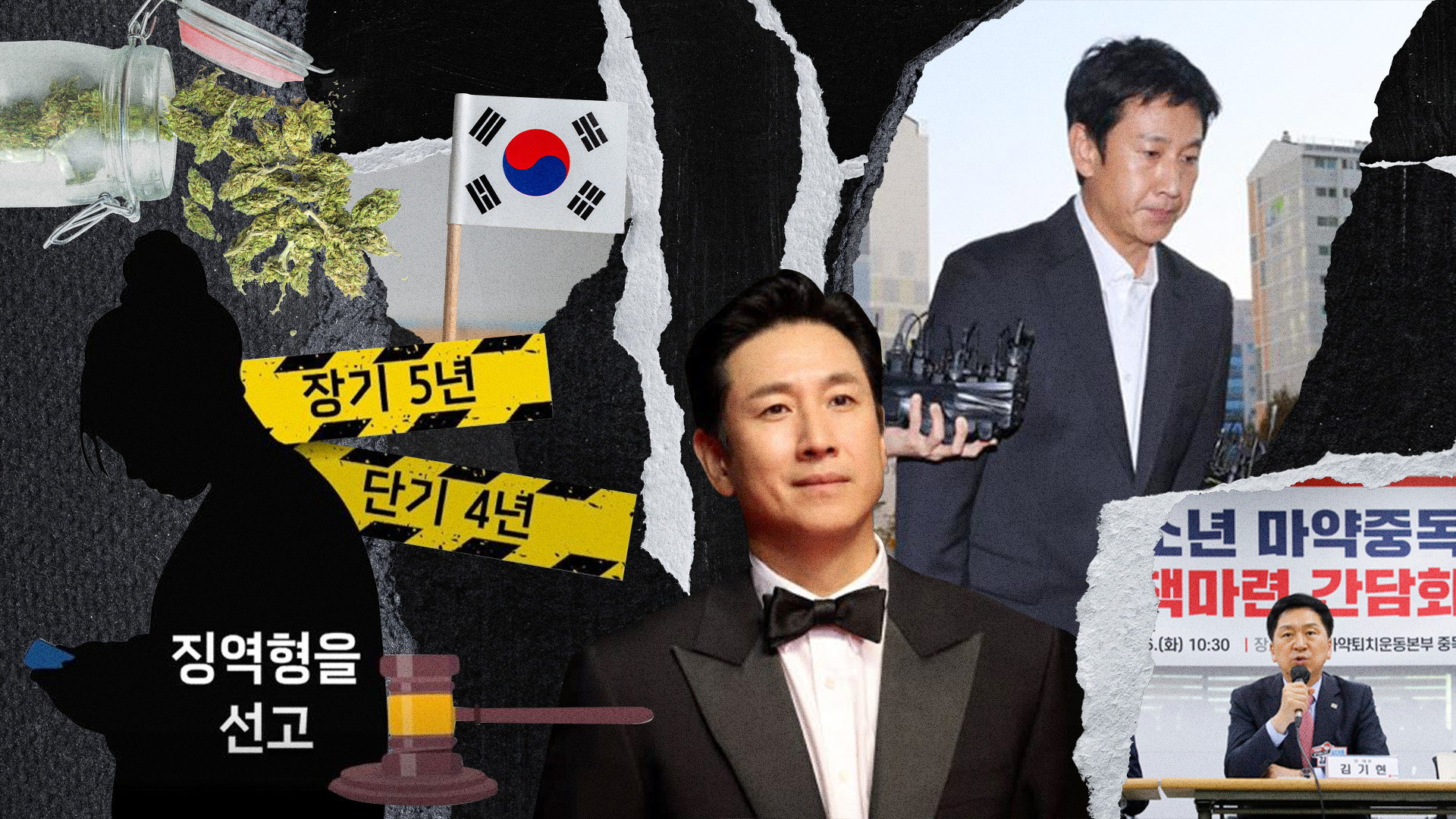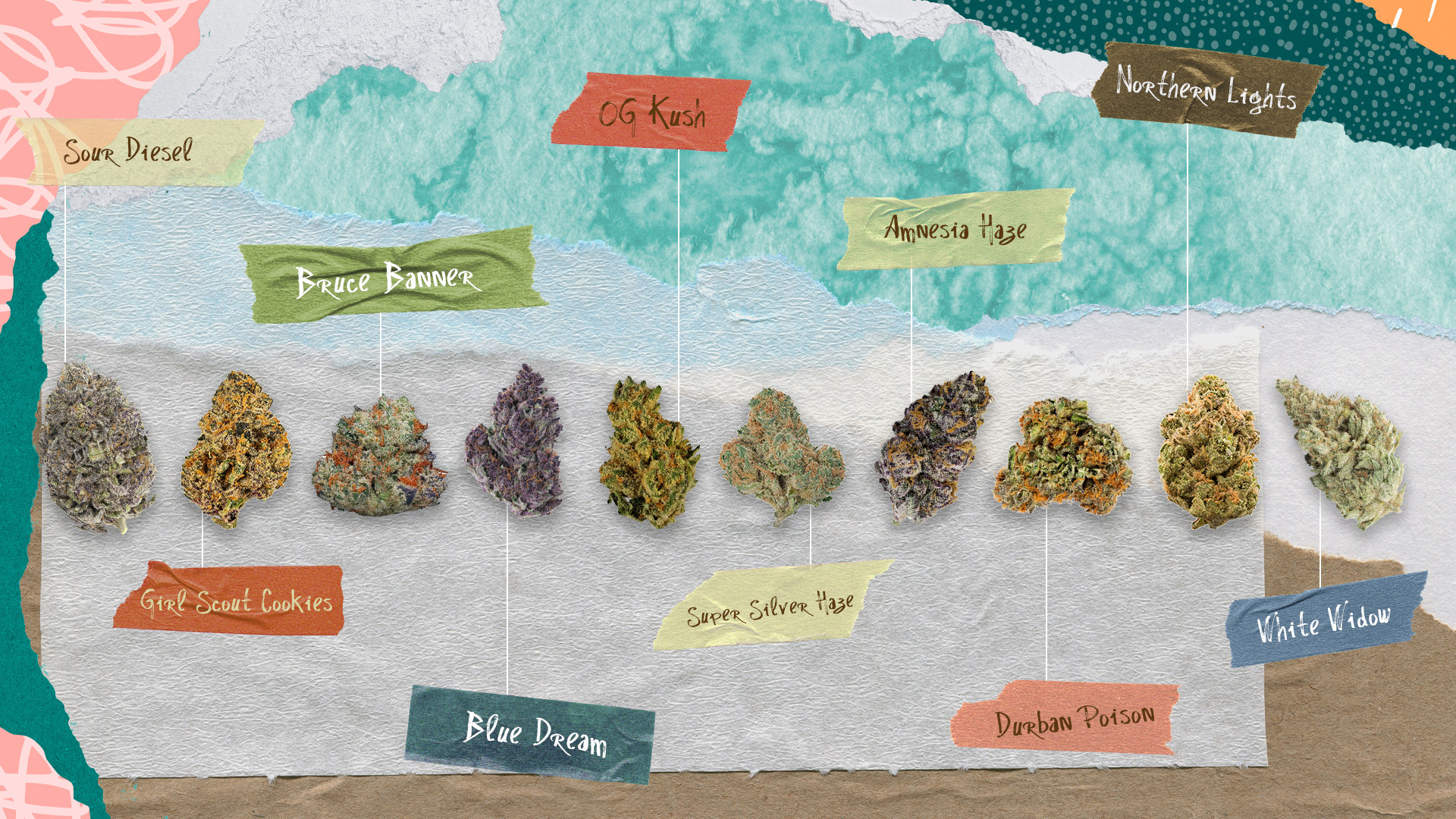Korean actor Lee Sun-kyun (48), best known for his role in Parasite, passed away unexpectedly on December 27th, 2023. Lee was found dead in a car in Seoul, South Korea, from an apparent suicide.
Prior to passing, Lee had become enveloped in a series of lengthy and intense police investigations over his alleged drug use. These investigations occurred in the public eye, subjecting him to the judgment and disapproval of an entire country.
Unpacking South Korea’s Anti-Drug Stigmas
While many Asian cultures have progressive stances on cannabis, South Korea is notorious for its strict drug laws. Possession and drug use penalties range from 6 months to 1 year of jail time for cannabis and 1-3 years for narcotic substances. Along with jail time, those found guilty of drug or possession are also subject to fines of up to 50 million Korean won (just under 38K in U.S. dollars). Each of these penalties is doled out on a per-crime basis. In other words, using cannabis 3 times results in 3 separate charges — and up to 3 years in jail time.
The country’s rigid drug laws are a byproduct of the way drug use is viewed in Korean society. A recent survey found that nearly 80% of South Koreans support the country’s ongoing drug war. A nearly identical percentage said they associated drug use with “a lack of morals.” Unsurprisingly, Koreans outed as drug users often face ostracization from their family and friends.
For celebrities in the public eye, who are already expected to be upstanding citizens, the social consequences of drug use are amplified tenfold. Just being suspected of drug use can result in immense pressure and shaming from the public, not to mention the loss of career opportunities. One recent example is actor Yoo Ah-in who had two movies, a Netflix series, and countless advertisement opportunities put on an indefinite hold following accusations that he was using cannabis and cocaine.
Living with this level of scrutiny and pressure from society can lead celebrities to experience “destructive shame,” psychiatrist Peter Jong-ho Na told the BBC.
Lee Sun-kyun’s (Unintended) Public Questioning
Lee’s troubles started when a hostess from an upscale bar in Seoul went to police in October 2023 with accusations against the actor. According to the hostess, Lee had consumed cannabis and other illegal drugs at her home on multiple occasions throughout the year. Lee denied knowingly taking the drugs, claiming that the hostess had tricked him into consuming them and was trying to blackmail him.
Following the accusations, a shame-stricken Lee spoke with reporters saying, “I sincerely apologise for causing great disappointment to many people by being involved in such an unpleasant incident. I feel sorry for my family, which is enduring such difficult pain at this moment,”
Lee underwent his first round of questioning on October 28th. Despite Korean law barring law enforcement from disclosing the identities of suspects being investigated—let alone the presence of media at these sessions—Lee’s arrival drew a crowd of photographers and interviewers. Someone in the Incheon police station apparently leaked the date of Lee’s interrogation.
Why You Should Get Your Medical Marijuana Card
Veriheal has satisfied millions of patients nationwide by giving them access to these benefits
- Larger purchase limits
- Peace of mind
- Enhanced legal protection
- Access to higher potency strains
- Save up to 25% on cannabis purchases
- Skip the line at the dispensary
The case against Lee was shaky from the beginning. The actor’s accuser had not been vetted by police. There were no specific dates or timelines for his drug use — “…these are things that should have been done very early on before Lee was summoned,” a former narcotics investigator with South Korea’s prosecutors’ office told the LA Times.
The former prosecutor added that Lee’s case should not have been made public to begin with: “Once the suspect is revealed to be someone famous and there is an expectant atmosphere being created, it’s difficult to say ‘Oh, we looked into it and there’s nothing there.’ It can sway the investigation toward prosecution.”
Police Push Lee Sun-kyun To The Edge
A month into the investigation, Incheon police started receiving criticism for pushing the case forward despite limited evidence. A leaked call between Lee and his accuser, meant to further tarnish Lee’s reputation, only made the public wonder how this private information continued making its way to the media (these leaked calls are now the basis of a probe into the police department).
In mid-December, the case lost even more steam. K-Pop star G-Dragon was cleared of allegations of illegal drug use. His accuser — the same hostess who was targeting Lee — admitted that she hadn’t actually seen G-Dragon taking drugs.
With their primary source discredited and their case against Lee falling apart by the second, Incheon Police decided to proceed. They called Lee in for his third interrogation on December 23rd.
Ahead of the questioning, Lee made an official request not to open the appearance to the press. The police denied the request. What followed was a grueling 19 hours of questioning. Police said the session lasted that long because Lee wanted to discuss a separate blackmailing complaint that Lee had filed against the hostess.
This would be Lee’s final interrogation before he was found dead three days later.
Lee Sun-kyun’s Peers Call For Justice
In early January, Oscar-winning “Parasite” Director Bong Joon Ho and other Korean film stars gathered to pay respect to their late friend. The group used the opportunity to call for an investigation into the Incheon Police Department responsible for the legal drama that ended in Lee’s untimely death.
Bong read from an official statement written by 29 art and culture groups across the country, including the Busan International Film Festival and the Korean Entertainment Producer’s Association. The statement read: “Throughout the two months, from the initial leak of internal information regarding the deceased’s investigation to the time of his death, we urge a thorough investigation by the authorities to ascertain whether there were any lapses in police investigative security…We request a thorough investigation to determine if there were any unlawful media responses during the investigation.”
Lee’s agency, Hodu & U Entertainment, released their own statement announcing they were taking legal action against media outlets who spread misinformation about Lee’s case, the stress of which, Lee’s agency says, led to the actor’s death.
Author, Share & Comments
















